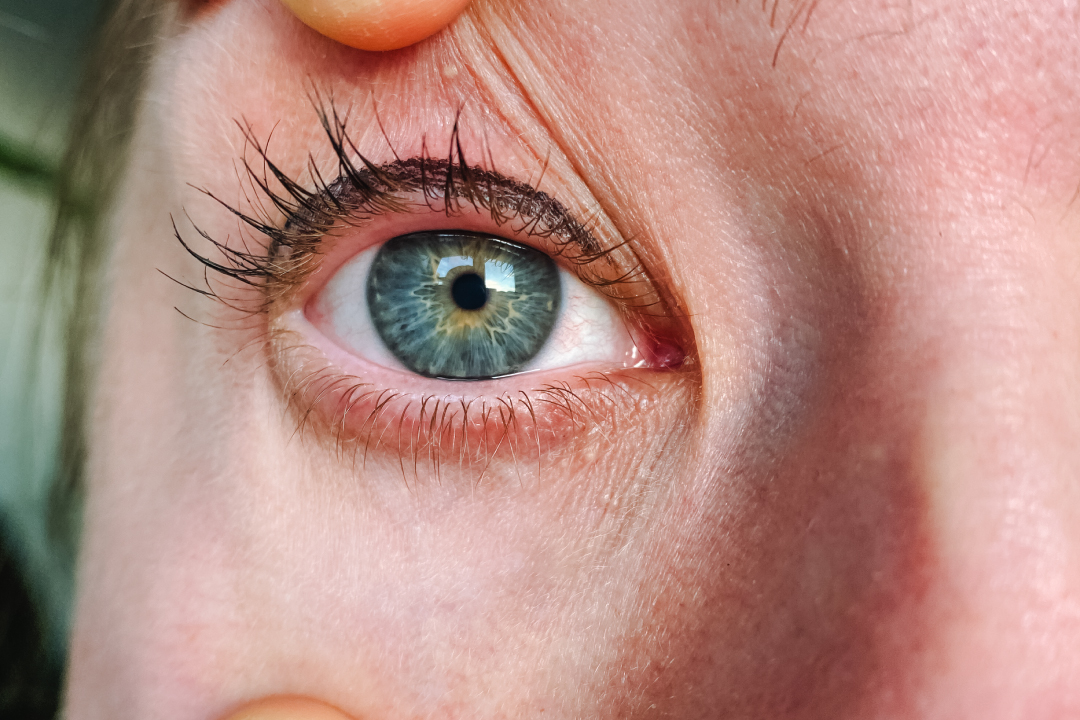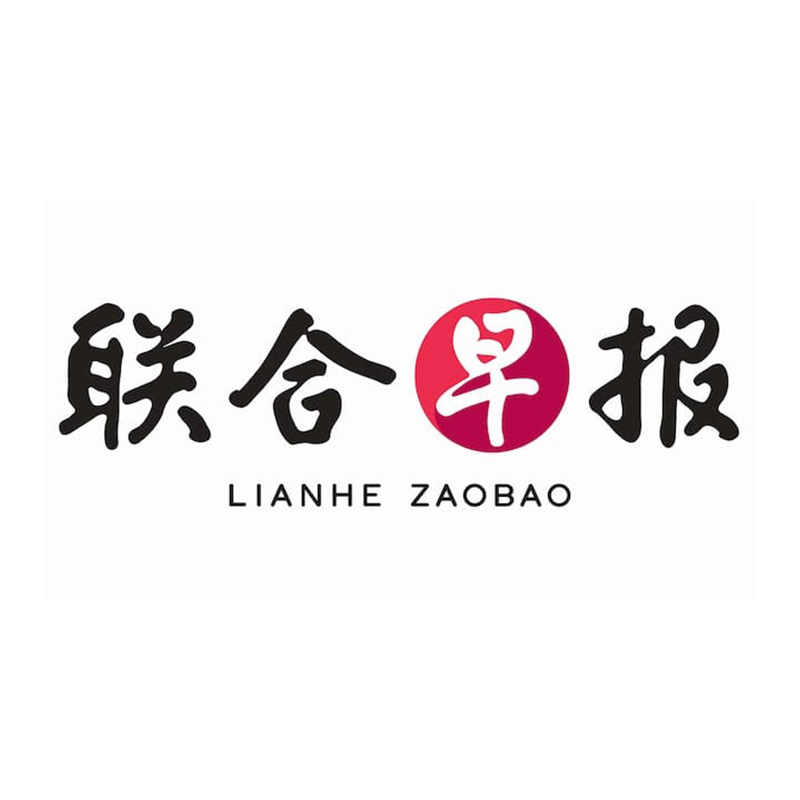Where Ancient Wisdom Meets Modern Clarity
"Gen Eye TCM" carries a dual layer of meaning that reflects the breadth and depth of the services we provide.
Firstly, "Gen" signifies "General TCM," symbolizing a comprehensive approach to Traditional Chinese Medicine (TCM). It highlights our Clinic’s dedication to addressing a wide range of common ailments and sub-health conditions that affect individuals from all walks of life. Whether addressing chronic issues or promoting overall wellness, Gen Eye TCM stands as a pillar of holistic care, focused on restoring balance and vitality across the body and mind.
Secondly, "Gen Eye" connects directly to TCM Ophthalmology, a specialized field of eye care rooted in the ancient healing traditions of Chinese medicine. This part of the name emphasizes the Clinic’s commitment to nurturing the eyes, the window to our health and spirit, across generations. By combining healing power of TCM with the precision of modern diagnostics, Gen Eye TCM strives to maintain optimal eye health, prevent vision-related issues, and offer personalized care to ensure clear sight for years to come.
Together, Gen Eye TCM embodies a philosophy of total well-being—one that cares for the body, mind, and eyes, fostering a future of health that spans from the present moment to future generations.
Dr. Jolene Chong
Illuminating Health, One Vision at a Time
Dr. Jolene Chong, a beacon of light in the realm of Traditional Chinese Medicine (TCM), graces her patients with a healing touch that blends ancient TCM wisdom and modern medical elegance. Her decade of devotion, particularly her mastery of Chinese herbs and acupuncture, reveals a deep, intuitive understanding of the body's subtle energies. Within her gentle sanctuary, complex knowledge transforms into a soothing balm, especially for those seeking the delicate restoration of their vision's clarity. She is a tender guardian, her touch not only healing but unveiling the luminous beauty residing within each soul.

Why Choose Us?
Heal your Eyes with a Synergistic Blend of Eastern and Western approaches
Our TCM General Services

General Health Conditions & Wellbeing
Rooted in the ancient wisdom of Traditional Chinese Medicine (TCM), Gen Eye TCM began with the gentle art of restoring harmony, cultivating a practice dedicated to the comprehensive care of the body and mind. They tended to the delicate equilibrium of well-being, addressing a spectrum of needs across various body systems such as the Respiratory System, Digestive System, Circulatory System, Reproductive System etc to Pain Management, Stress Management, Weight Management etc. to daily vitality. It was from this fertile ground of holistic healing that their expertise gracefully blossomed, leading them to the specialized and illuminating realm of TCM Ophthalmology.
Our TCM Ophthalmology Services

General Eye Wellness
Don't let your world become a blur! A comprehensive eye examination is your ticket to a lifetime of clear, vibrant vision through a thorough evaluation of your overall eye health.

Age Related Macular Degeneration (AMD)
Age Related Macular Degeneration (AMD), a common age-related eye disease in those over 50, causes central vision loss. It's categorized as dry (slow progression, retinal atrophy) or wet (rapid loss, abnormal blood vessel growth). Risk factors include age, genetics, and lifestyle. Western medicine manages wet AMD with injections or surgery and TCM addresses underlying imbalances.

Asthenopia (Digital Eye Strain)
Asthenopia, or digital eye strain, causes eye discomfort, blurred vision, and headaches due to prolonged eye use. Western medicine identifies causes like refractive errors and screen time, while TCM links it to imbalances in Qi, Blood, and Kidney Essence. Both emphasize addressing underlying causes for relief.

Blepharospasm (Eye Twitch)
Blepharospasm is a neurological disorder causing involuntary eyelid muscle contractions, leading to excessive blinking or forced eyelid closure. It can range from mild twitching to severe vision impairment.

Cataract
Cataracts cloud the eye's lens, causing blurred vision and other visual disturbances. Aging is the main cause, but other factors exist.

Central/Branch Retinal Artery Occlusion (CRAO/BRAO)
Retinal Artery Occlusion (RAO), or "eye stroke," causes sudden vision loss due to blocked retinal blood flow. It's common in the elderly and linked to heart problems. Western doctors administer emergency treatments. TCM sees it as an imbalance and uses therapies to manage symptoms after initial medical care, with the first month being vital.

Central/Branch Retinal Vein Occlusion (CRVO/BRVO)
Retinal Vein Occlusion (RVO) is a blockage of the retinal vein, causing sudden vision loss, primarily affecting older adults. Risk factors include hypertension and diabetes. It leads to retinal damage, and complications like macular edema and neovascularization can cause blindness.

Central Serous Chorioretinopathy (CSC)
Central Serous Chorioretinopathy (CSC) causes fluid buildup under the retina, affecting central vision, due to leaky blood vessels. It mainly affects young men, causing blurred vision, distortion, and blind spots.

Diabetic Retinopathy (DR)
Diabetic Retinopathy (DR) damages retinal blood vessels due to high blood sugar, leading to leakage (NPDR) or abnormal vessel growth (PDR), threatening vision. Early detection is key. Traditional Chinese Medicine (TCM) links DR to imbalances like Yin Deficiency, improving it with personalized herbs and potentially combining Western treatments like laser therapy to preserve sight.

Dry Eye Disease (DED)
Dry Eye Disease (DED) is a chronic condition where your eyes don't produce enough quality tears, causing discomfort like burning and blurred vision.

Epiphora (Tearing)
Epiphora is excessive tearing, caused by either tear overproduction due to irritation or blockage of the tear drainage system. It can lead to discomfort and blurred vision.

Floaters
Floaters, or vitreous opacities, cause perceived moving shadows or blurred vision due to eye inflammation, vitreous degeneration, or congenital issues. Traditional Chinese Medicine links this to Liver and Kidney imbalances, suggesting treatment by nourishing these organs.

Glaucoma
Glaucoma damages the optic nerve, often due to increased eye pressure, leading to gradual vision loss. It's usually symptomless in early stages, requiring regular eye exams for detection.

High Myopic Degenerations
High Myopic Degenerations result from severe nearsightedness, causing eyeball elongation and retinal stretching, leading to various degenerative changes like crescent atrophy, "leopard-spot" fundus, and retinal atrophy, potentially causing significant vision loss. Western medicine emphasizes monitoring, while TCM attributes the condition to internal imbalances and deficiencies, with progression leading to further degeneration.

Optic Atrophy (OA)
Optic Atrophy (OA) is the degeneration of the optic nerve, leading to vision loss. It's classified as primary (nerve itself damaged) or secondary (caused by other conditions). Diagnosis involves assessing vision, visual fields, and examining the optic disc. TCM views OA as caused by various factors like emotional stress, deficiencies, or trauma, and often uses herbal medicine and acupuncture for treatment.

Optic Neuritis (ON)
Optic Neuritis (ON) is a common cause of vision loss in young adults, characterized by optic nerve inflammation. It presents with sudden vision loss, eye pain, and visual disturbances. Western medicine tackles it with steroids while TCM attributes it to imbalances like residual heat, emotional stress, or deficiencies, and advocates for combined TCM and Western treatment for optimal recovery.

Ptosis (Droppy Eyelids)
Ptosis is the drooping of the upper eyelid and can be due to congenital factors, age, muscle weakness, nerve damage, or injury.

Post Retinal Detachment (RD)
Retinal Detachment (RD) is when the back of your eye, the retina, peels away, causing vision problems. It's either from a tear (primary, common in nearsightedness, surgery, elderly) or from other health issues (secondary). Secondary types include fluid buildup (from tumors or blood vessels issues, etc.) or scar tissue pulling the retina (from diabetes, injury, surgery).

Retinitis Pigmentosa (RP)
Retinitis Pigmentosa (RP) is an inherited disease causing progressive retinal damage and vision loss, starting with night blindness and leading to "tunnel vision." It's characterized by pigment deposits, optic disc changes, and vessel thinning. Western medicine focuses on slowing progression, TCM aims to address underlying imbalances through personalized treatments.

Retinal Vasculitis (RV)
Retinal Vasculitis (RV), an inflammatory eye condition causing vision problems, has diverse causes and treatments. Western medicine uses anti-inflammatory drugs, while TCM links it to imbalances of Heat and Blood, offering tailored treatments based on the stage of the condition, emphasizing the importance of timely intervention in both approaches.

Uveitis
Uveitis is inflammation of the eye's middle layer, causing redness, pain, blurred vision, and other symptoms. It is triggered by infections, autoimmune issues, injuries, or toxins, and can lead to serious eye problems.
Insurance & Corporate Partners















